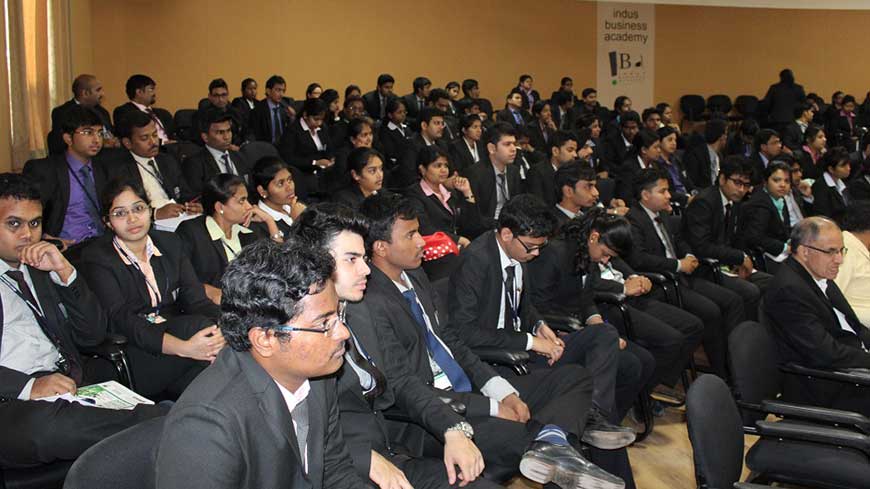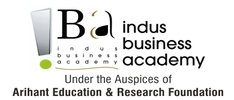
Workshop on Learning The Art of Wholeness
An International Dialogical Workshop on
Learning the Art of Wholeness: Challenges for Education, Management and Development
Venue: Indus Business Academy, Bangalore
Date: 7th December, 2016
Introduction
Our educational systems are in a crisis now. This is evident in all levels of education-‑from the primary to the higher. A major part of the problem lies in our education lacking a soul‑dimension and striving for realization of wholeness as pedagogical methods lack a relation of love, mutuality, care and creativity among the partners and fellow‑travelers and educational objectives lacking the goal of integral development of individuals and societies. Our conventional educational systems reflect the fragmentation and mechanical closure of modern subjectivity and society and it is mainly confined to rudimentary aspects of skill-training and mental education and it does not touch all the dimensions of life and society. This is also true of management education which reproduces the logic of fragmentation and mechanical closure of modernity.
Education for wholeness nonetheless has been a yearning of humanity from its very dawn. The Greek root for education means to evolve and this does embody a process of evolutionary realization of wholeness. Education for wholeness is a perpetual journey; it is not a linear one but nonetheless despite complex turns and cycles and circles of learning it does embody certain learning of insights which is preserved as evolutionary knowledge and wisdom. Education for wholeness is not a holistic education in a literal, conventional, superficial, apriori, and determined sense as it realizes that wholeness is a journey of self and social transformation—it is a perennial journey from fullness to a different fullness realizing on the way an integral emptiness. Education for wholeness realizes that wholes to be realized are made of up many holes but these holes are neither dark nights of the soul nor dark spaces but spaces of energy and light. These holes and different fragments of life do embody an integral yearning for connectedness and being part of a garland of togetherness, a symphony of wholeness. Education for wholeness strives to go beyond varieties of dualisms of life and society such as individual and society, body and mind, mind and soul, technical and artistic, utilitarian and spiritual and, head and heart. It embodies a multi-valued logic of living and a movement learning across positions embodying transpositional learning and a multi-topial hermeneutics where our interpretation of the world emerges by walking and meditating across different domains and terrains of self, culture, society and the world (see Giri 2016a; 2016b). Hermeneutics here presents us a different vision and pathways of becoming subject other than the ones proposed by state (cf. Foucault 2005).
Education as learning the art of wholeness also interrogates the available understanding and organization of education as a top-down activity. It challenges us to realize that education is first of all an activity of learning in which all the engaged participants are learners. Education is an activity and process of learning and co-learning in which the so-called students and teachers are first of all learners and co-learners. This is at the core of Sri Aurobindo’s vision of integral education as he says that nothing can be taught and the teacher is an aid in the process of learning. Similar attitude also permeates other initiatives in learning the art of wholeness in our present-day world, for example, the Bifrost School in Denmark, where teachers are not called teachers. But education for wholeness is not student-centered in a naïve sense as it is also not teacher-centered. It is a learning centered education which continuously decenters a taken-for- granted conception learning and learner.
In our workshop, we explore different visions and practices and experiments with learning the art of wholeness.
- Learning the art of wholeness: New Experiments in Learning
- Learning the Art of Wholeness and the Vision and Practice of Holistic Management
- Learning the Art of Wholeness: The Vision and Practice of Holistic and Integral Development
- Learning the Art of Wholeness: New Initiatives in Integral Neuro-Biology and Integral Human Development
- Learning the Art of Wholeness: Healing and Wholeness and Going Beyond Dualistic Logic of Mind and Body and Spirit and Matter
Tag:workshops
